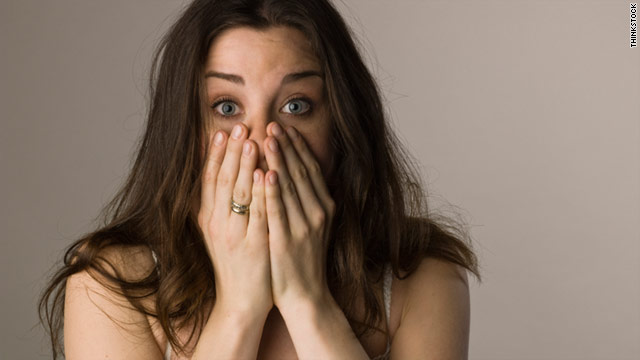 |
| Credit: http://i.cdn.turner.com |
Urinary
incontinence affects approximately 35% of the female population. The main cause
in women is pregnancy, with the number of children they have increasing their
chances of becoming incontinent.
New
research from the University of Adelaide shows middle-aged women are more
likely to suffer depression from this common medical problem that they find too
embarrassing to talk about.
In
a study of the experiences of women with urinary incontinence, researcher Jodie
Avery found that middle-aged women with incontinence (aged 43-65) were more
likely to be depressed than older women (aged 65-89).
Speaking
in the lead up to World Continence Week (24-30 June), Ms Avery says the younger
women's self-esteem is often hit hard by urinary incontinence, while older
women tend to be more resilient and accepting of their condition.
Key
issues for younger women affected by incontinence are family, sexual
relationships and sport and leisure activities.
"The
most common difficulties women express about their incontinence are things
like: 'I can't play netball', 'I can't go to the gym', 'I can't go for walks',
or 'I can't go dancing', and these are real issues for women who are still in
the prime of their lives."
"Our
studies show that 20% of the incontinent population has depression, and this is
something that we need both sufferers and GPs to better understand," Ms
Avery says.
"Ultimately,
we hope that our research helps to raise awareness in the community about both
the mental and physical issues associated with incontinence. We know it's
embarrassing, but if you discuss it with your GP, your life really can
change."
###
The
above story is based on the June 14, 2013 news release provided by Universityof Adelaide.
More Information
To
learn more about urinary incontinence visit Patient.co.uk


No comments:
Post a Comment